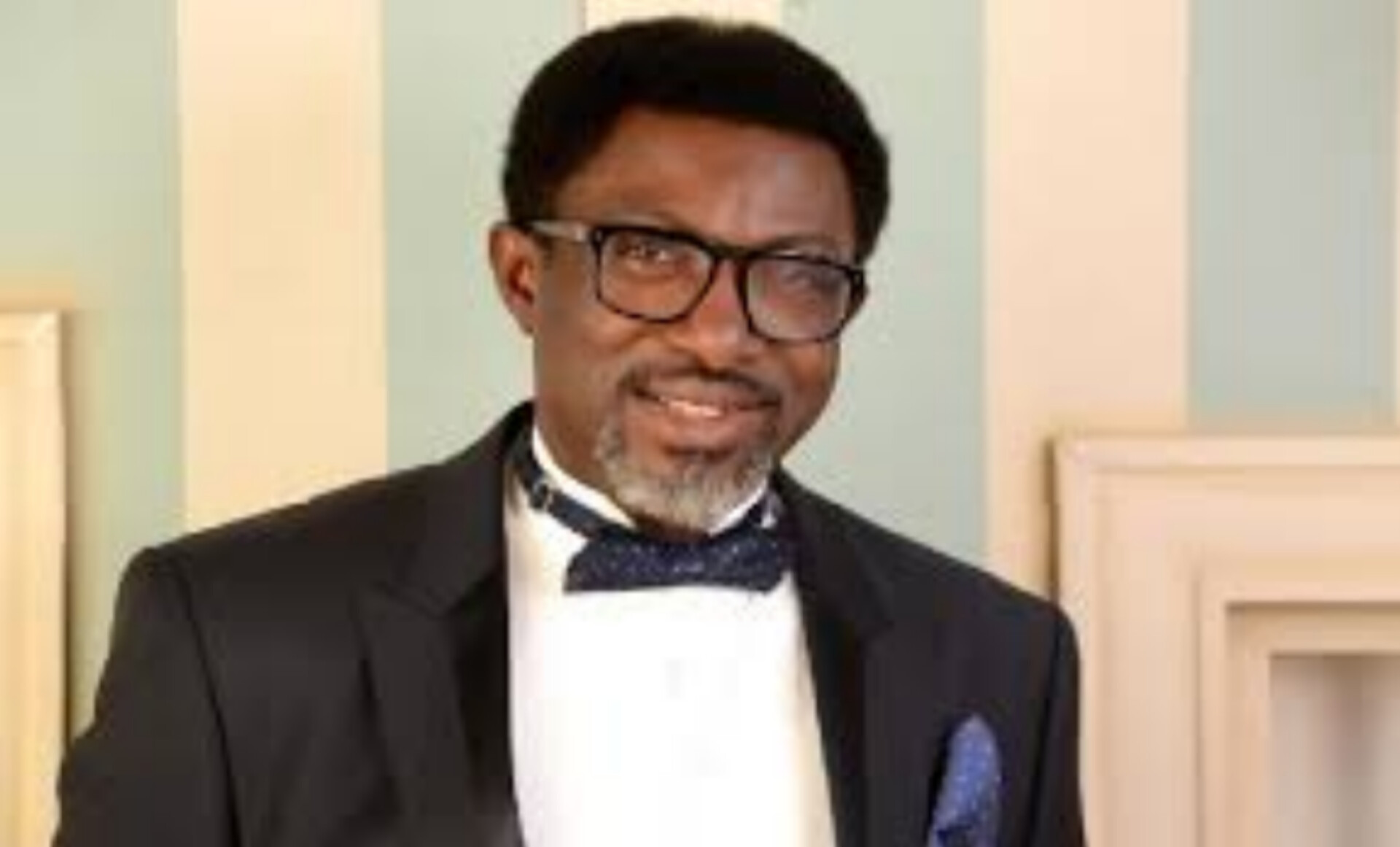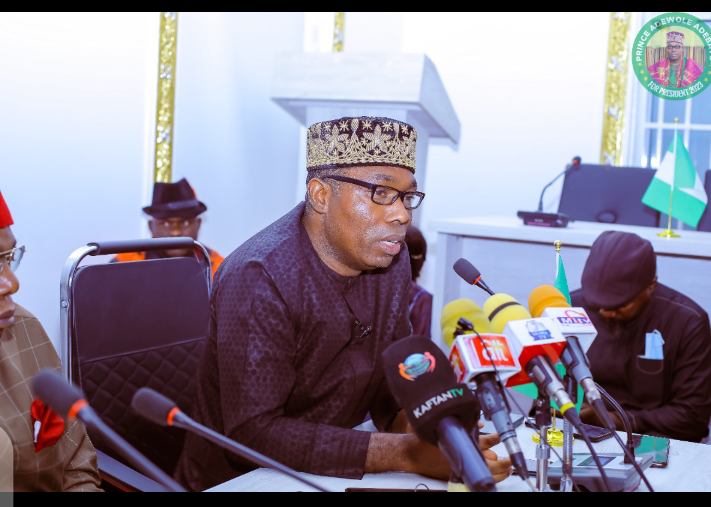The Media Adviser to former Vice President Atiku Abubakar, Paul Ibe, has accussed President Bola Tinubu’s handlers propergating “corrupted interpretation of the facts in the deposition” released by the Chicago State University against their boss.
Ibe, in a statement on Sunday, titled “Tinubu’s house of forgeries” said
Persons who take time to do thorough reading of the deposition will come to the conclusion that the footprints of Tinubu’s odyssey as far as the CSU documents are concerned is filled with profound forgeries and abuse of administrative due process.
The statement said: “Since Tuesday last week when the deposition regarding President Bola Tinubu’s educational qualifications came to the fore in the United States, there have been several attempts to twist the facts of the matter, which deliberately aim to confuse the mind of the public concerning the matter.

“Some media aides to the president have come out openly to ‘push back on the narrative’, while some media houses, especially one, have persistently slanted their story to justify a corrupted interpretation of the facts in the disposition.
“Sadly, however, the truth of the matter remains that Nigeria’s President, Bola Tinubu falsified a document he submitted to the Independent National Electoral Commission (INEC) and swore an affidavit under oath to back up his forgery.
“On page 26 of the deposition which is publicly available, the Registrar of the Chicago State University, Caleb Westberg under oath, was asked a simple question that, “CSU has determined that it does not have a true and correct copy of the diploma issued to Bola Tinubu is 1979, correct?
“To which the Registrar responded, “that’s correct.”
Also, on page 27, a similar question was put to Mr. Westberg: “So, CSU, after going through every diploma, was unable to find an authentic copy of any diploma that CSU issued to Tinubu in 1979. Is that correct?”
The CSU Registrar, in his response, said: “We did not find any diploma issued by CSU in 1979 to Mr. Tinubu.”
And coming straight to the specific issue of whether the CSU is aware of or in possession of the diploma that Tinubu submitted to INEC, to which Mr. Westberg simply said, “Correct, we are not aware of it.”
President Tinubu’s supporters and spin doctors will want to force the narrative of, at least, “Tinubu graduated from the CSU down our throat, even when the narrative has no foothold in logic.
The question remains: How does a candidate graduate from a university that you were never qualified for?
According to information in the open, President Tinubu applied to the CSU with a pre-qualifying 1970 certificate from Government College Lagos, whereas the school did not come into existence until 1974. Maybe this should make Tinubu the first man ever to have an anticipatory certification from the school four clear years before the founding of the school.
“Another mystery is that in addition to the non-existing Government College Lagos certificate, Tinubu presented a certificate from another school in the United States that belongs to a female candidate and a Cambridge HSC of 1970 – the same year he purportedly graduated from a secondary school in Nigeria.”
The Atiku Abubakar’s spokesman said long before the CSU discovery of last week, Tinubu has had a history of forgery and perjury.
“In his form CF001 he filed ahead of his governorship election in 1999, Tinubu had claimed albeit fraudulently that he attended St John’s Primary School Aroloya, Government College Ibadan and Chicago University as different from Chicago State University. The late lawyer and human rights icon Gani Fawehinmi would have succeeded in bursting him but for the immunity he enjoyed as Governor of Lagos State.
“President Tinubu must be a man of mystery. No wonder his supporters call him Idan (a distorter).
“It is our contention that at the heart of the forgery scandal against President Tinubu is the question of integrity and morality.
“If the President would not do what is honourable by resigning from office and saving the country an imminent embarrassment, at least his supporters should desist from telling shameful lies to confuse the public
“Lastly, while supporters of the President are quick to reference his transcript from the Chicago State University as evidence of his studentship in the school, we are alarmed how his NYSC certificate bears Bola Adekunle Tinubu, even when the CSU said under oath that the middle name of “A” was never interpreted in any document in his file.
“Every Nigerian who has undergone the NYSC programme understands that the names on the NYSC are never a creation of the candidate, but the official name that the student was officially known as, from their tertiary institution. Tinubu was allegedly never known as Adekunle at CSU. Thus, the only way to understand how Adekunle was smuggled on his NYSC discharge certificate can only be explained as a forgery.
“Yet, his media aides will come to the open to make a shameful alternative fact.
“It is even more shameful that just when this whole scandal continues to unfold, media handlers of President Tinubu have, from nowhere, smuggled a middle name of Adekunle into his Wikipedia account. The word Adekunle in Yoruba is a house filled with royalty. But in this instance, we daresay it is a house filled with forgeries.
“It is, therefore, becoming very obvious that there is no end point to how President Tinubu and his spin doctors will continue to use one forgery to cover the other.”




